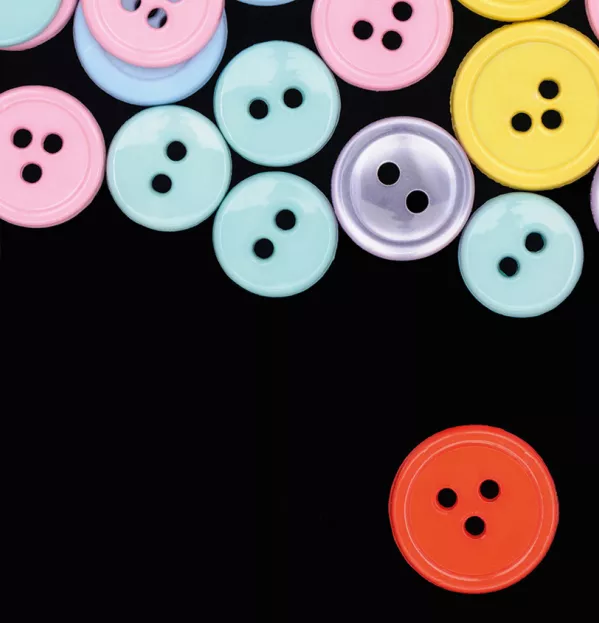This article was originally published on 29 June 2018
Telltale”, “snake”, “snitch”. In the focus groups I have been running as part of my research into bullying, these are the terms that keep coming up, unprompted, from teenagers. And this reluctance to be seen as “telling” on other pupils is not an issue only in secondary. At an Inset session for a primary school, a teacher told me he had heard pupils using the phrase “snitches get stitches”.
We cannot underestimate the impact a “snitch” culture has on how we manage behaviour - specifically bullying - in schools.
I naively used to think that the concern around being a snitch stemmed from the prospect of retaliation - that pupils telling a teacher feared being bullied further for being a snitch. However, although this is an issue, the biggest worry pupils shared in the focus groups was that, if they told adults, their peers would no longer trust them. The consequence of this would be social isolation from the friendship group. In short, they believed it would make their situation worse, not better.
When I explored this issue further in focus groups, many pupils were adamant in their response that they must never tell an adult, regardless of the level of harm. But when I spoke to staff about the same topic, they were sure that there were very few pupils who would not report bullying to an adult.
That said, they conceded it was dependent on which adult was available. Pupils were most likely to come to trusted staff privately to have those discussions, they said.
More on behaviour management:
Why the difference in opinion? I would argue that zero tolerance to bullying, which many schools subscribe to, creates a false positive: pupils are scared of reporting for fear of retaliation and/or loss of peer trust, so they don’t report. The result is that a school with a zero-tolerance policy may see a lack of reporting as proof that it is working. There does need to be a clear message that bullying is unacceptable in the school community, but zero tolerance is not an effective response and may strengthen the snitch culture.
Behaviour in schools: restorative approaches
In contrast, my interviews in schools that are embedding restorative approaches as part of a community ethos suggest that this minimises the effects of the snitch culture. Importantly, pupils feel their voice is being heard from all sides of those involved in the bullying situation.
For pupils, being able to discuss and be listened to by staff seems to change the perception of being a snitch. This may be because the shift is away from blame towards repairing the relationships of those involved.
Alternatively, the impact of restorative approaches may also help to focus social norms away from negative perceptions and towards stories about emotions and discussing solutions, which results in new ways forward.
What is becoming clear from my research is that the more a school moves towards a restorative approach to bullying, the less likely it is that there will be a snitch culture. However, the results are very tentative and need further exploration.
What I would say with some certainty is that school communities can create a snitch culture, which has harmful effects on pupils’ safety and wellbeing.
I recently met a man in his twenties. When I told him I was writing this article, he said: “I remember telling an adult once in Year 8 about bullying. She confronted the boys bullying me. She told them I had reported them and I was labelled ‘snitch’. For the rest of my time in school, I was either in the toilets or I would leave the school when there were no adults present. I was afraid of what they and others would do to me - it was only once I got to college that I lost that label.”
Luke Roberts is a PhD candidate at the University of Cambridge
For the latest research, pedagogy and practical classroom advice delivered directly to your inbox every week, sign up to our Teaching Essentials newsletter





